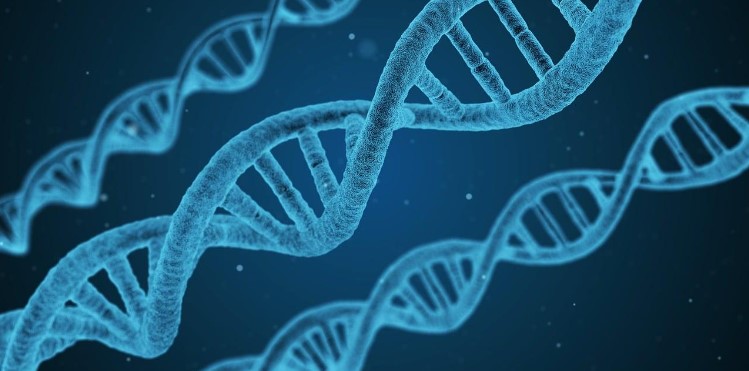Navigating the complex pathway to citizenship often involves proving a biological relationship with a citizen of the country you wish to immigrate to. In many such cases, DNA analysis has emerged as an irrefutable means of evidence. By using a DNA test kit, prospective citizens can conveniently obtain the necessary biological samples from the comfort of their homes. This method is especially useful in situations where paperwork or documentation is missing, incomplete, or questionable. Once collected, samples are typically sent to an accredited laboratory for immigration DNA testing. This involves a detailed analysis of the DNA samples to establish the presence of a biological connection between the applicant and the citizen. The results of such testing can then be used to substantiate the applicant’s claim to citizenship, proving a crucial piece in the puzzle of the immigration process.

Countries that grant nationality through DNA
Many countries worldwide acknowledge DNA evidence as valid proof of kinship in the pursuit of nationality. One such country is the United States, where citizenship can be sought if a person has a biological relationship with a U.S. citizen, often validated through DNA testing. Canada follows a similar policy, using DNA tests as evidence in immigration applications to establish familial ties to Canadian citizens or permanent residents. In Europe, countries like Germany, France, and the U.K. also accept DNA evidence to support nationality applications. For example, the U.K. has a special DNA testing scheme under its immigration rules to provide a clear route to citizenship. It’s important to research each country’s requirements as procedures and eligibility vary widely. Nonetheless, DNA testing for immigration purposes is gaining momentum and acceptance worldwide.
Addressing common hurdles
When pursuing citizenship through DNA analysis, preparing for potential challenges is essential. One common hurdle is the financial investment required for legal fees and the DNA test itself, which can be costly. Additionally, it’s crucial to understand that these processes can be time-consuming and often require significant paperwork and follow-up. An immigration lawyer can simplify the complicated process and provide valuable assistance for a successful outcome. Additionally, false positive or inconclusive results can also pose challenges, necessitating re-testing or alternate methods of proving lineage. Lastly, emotional stress can’t be ignored. The process can stir up a range of emotions, from anxiety over the outcome to the impact of discovering familial ties. It’s important to be emotionally prepared and have a solid support system. Facing these hurdles head-on, with the proper preparation, can enhance the likelihood of a successful outcome.
